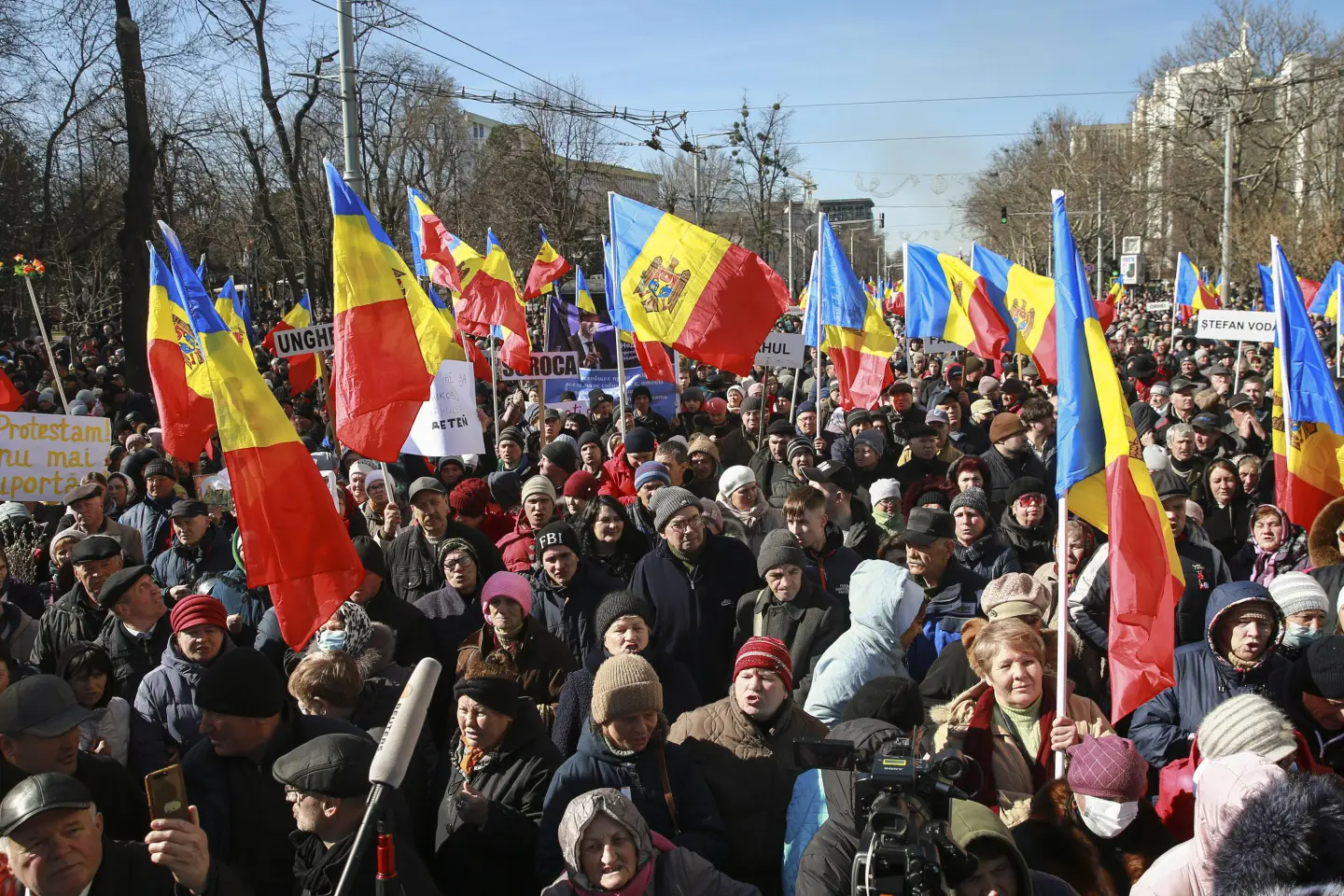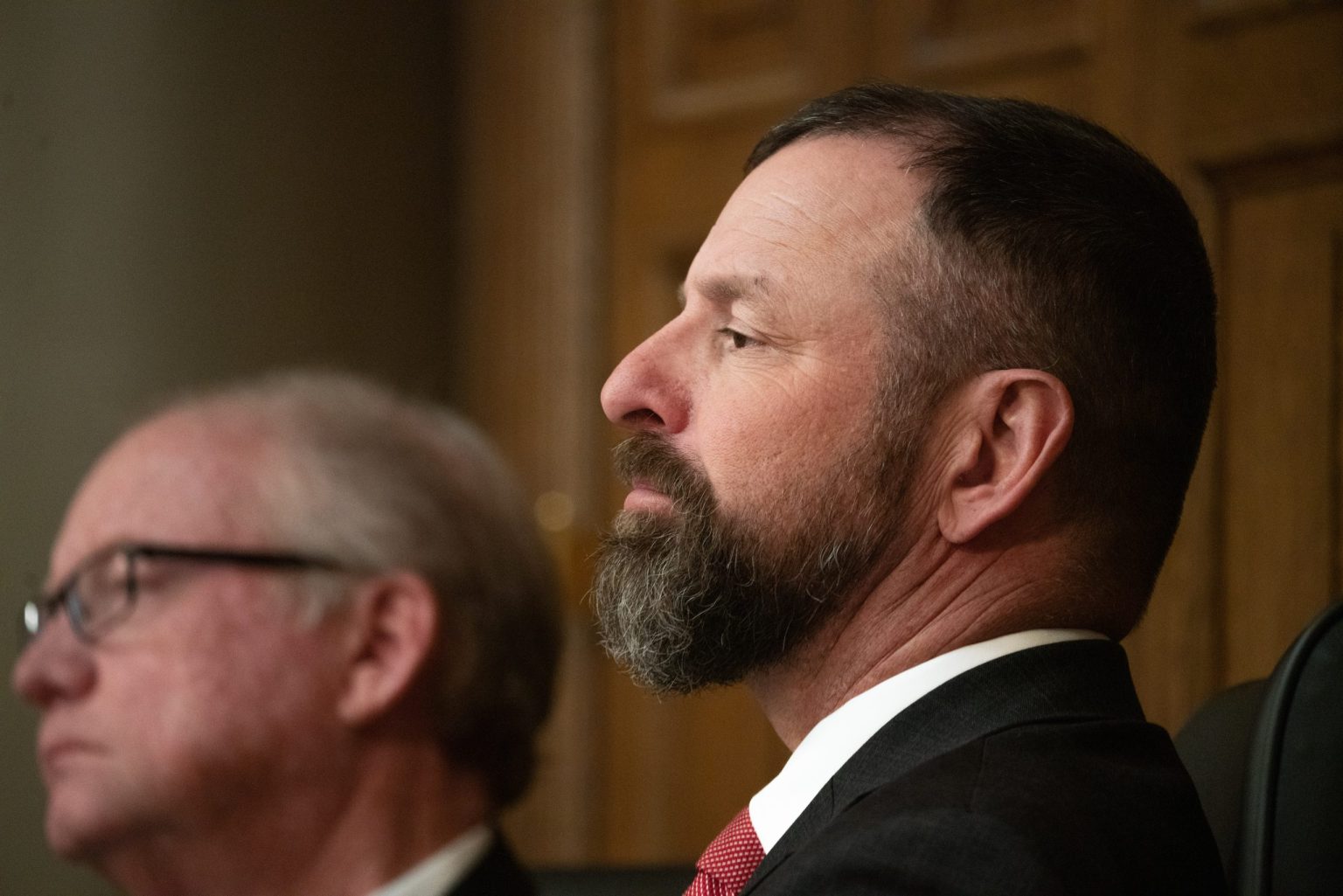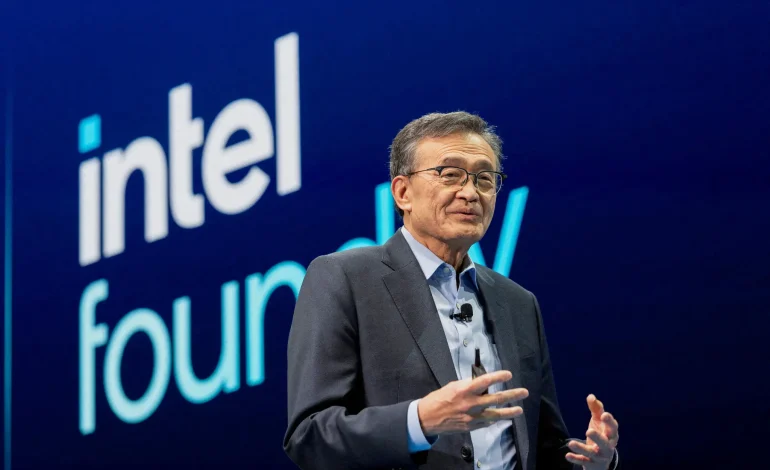Intel’s new CEO Lip-Bu Tan is in the political hot seat, and he’s not staying silent.
Just hours after President Donald Trump publicly called for his resignation—accusing Tan of being “highly CONFLICTED”—the chip industry veteran hit back with a full-throated defense of his record, his values, and his commitment to US national security.
“I have always operated within the highest legal and ethical standards,” Tan said in a public statement Thursday. “We are engaging with the Administration to address the matters that have been raised and ensure they have the facts.”
Tan, who took the helm at Intel just five months ago, is now navigating the dual challenges of leading one of America’s most important semiconductor firms while fending off politically charged accusations from the most powerful figure in the Republican Party. The controversy stems from Tan’s past investment activity in East Asia—including China—during his time as a venture capitalist with Walden International, before joining Intel.
But while critics like Sen. Tom Cotton (R-Ark.) suggest these investments raise red flags, Tan insists he’s on the same side as the White House when it comes to national security.
“I fully share the President’s commitment to advancing US national and economic security,” Tan said. “I appreciate his leadership to advance these priorities, and I’m proud to lead a company that is so central to these goals.”
The flare-up began Thursday morning with a characteristically blunt Truth Social post from Trump, who offered no specific evidence for his demand but insisted that Tan “must resign, immediately. There is no other solution to this problem.”
The move shocked many in the business community—not because Trump targeted a CEO (he’s done that plenty of times), but because he so directly interfered with the leadership of one of America’s most strategically vital tech firms.
Trump’s comments follow days of speculation about the administration’s hardline stance on foreign tech ties. On Wednesday, the president had already floated the idea of slapping 100% tariffs on foreign-made chips, and praised Apple CEO Tim Cook for “bringing jobs home” after Cook presented him with a gold-plated plaque and promised $100 billion in new US manufacturing investment.
For Intel, which plays a central role in the US-China chip rivalry, the political pressure couldn’t come at a more critical time. The company is already trying to bounce back from a series of manufacturing delays and reports—first revealed by Reuters—of quality issues in its upcoming generation of advanced semiconductors.
Tan, in his statement, reaffirmed Intel’s plan to ramp up domestic chip production this year. But the timing of the Trump attack adds new urgency—and new uncertainty.
Born in Malaysia and raised in Singapore, Tan is a US citizen who’s lived in the country for over four decades. He’s no stranger to Silicon Valley, having served as CEO of Cadence Design Systems—one of the industry’s top chip design software firms—and as founder of Walden International, a venture capital firm that backed several Asian tech companies, including in China.
Those ties are now under scrutiny, especially following revelations that Cadence, while under Tan’s leadership, was involved in a DOJ case over illegal exports to a Chinese university linked to the military. Cadence has since agreed to plead guilty to those charges. Tan himself was not named in the case, but critics, including Sen. Cotton, have zeroed in on the timeline and his executive oversight.
To make matters more complicated, a 2023 congressional inquiry asked for detailed information about Walden’s investments in companies on a US government blacklist for national security reasons.
Despite the political noise, Intel’s board is standing behind him.
Tan reiterated in an internal letter to employees, later published on Intel’s site:
“The United States has been my home for more than 40 years. I love this country and am profoundly grateful for the opportunities it has given me.”
He called the swirling accusations “misinformation,” aimed at discrediting his leadership during a crucial moment for Intel’s future. And while he’s keeping a diplomatic tone in public, there’s little doubt the pressure campaign from Trump has complicated what was already a tough job.
This fight isn’t just about one CEO. It’s part of a larger political and economic battle over who controls the future of technology—and who gets to define what “national security” means in the age of AI, 5G, and supercomputing.
The semiconductor sector is ground zero for US-China strategic competition. And as Washington looks to tighten restrictions on anything that smells remotely like “China tech,” executives like Tan are caught in the crossfire. Intel, with its global reach and massive domestic footprint, is at the center of that storm.
But critics of Trump’s approach argue that turning every CEO with an international resume into a political scapegoat may do more harm than good.
“Tan’s record should be examined, sure—but this kind of knee-jerk attack only creates fear and instability in an industry that needs long-term confidence to compete globally,” said a former Commerce Department official who asked to remain anonymous due to ongoing work with chip manufacturers.
There’s also the risk that politicizing leadership at key firms could spook global talent and discourage the kind of innovation the US needs to keep its edge.
For now, Tan is staying put, with the board’s backing and no indication that he’s going anywhere. But with an administration that’s increasingly using foreign policy as domestic campaign fodder—and a president who’s never been shy about demanding loyalty—the pressure could keep mounting.
And with tariffs, supply chain controls, and national security reviews all in play, Intel’s future may rest not just on the chips it builds, but on how well its CEO can navigate Washington’s shifting winds.
One thing’s clear: the US-China chip war just got a lot more personal.
With input from the Hill and the New York Times.










The latest news in your social feeds
Subscribe to our social media platforms to stay tuned